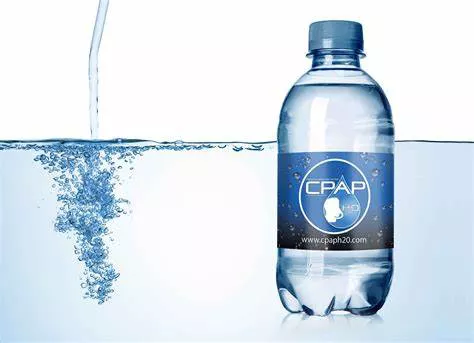Distilled water, a form of purified water, is created by boiling water to generate steam, which is then condensed back into liquid form. This process effectively eliminates minerals, contaminants such as bacteria, viruses, and chemicals, leaving behind pure H2O. While distilled water is safe for consumption on a daily basis, it’s essential to consider some key aspects.
Mineral Absence: Distilled water lacks the minerals typically present in natural water sources, giving it a flat and relatively bland taste. The absence of minerals in distilled water may also make it less suitable for long-term consumption, as minerals like calcium and magnesium can contribute to overall health when consumed in adequate amounts.
Specialized Uses: Due to its pure composition, distilled water is commonly employed for specific household or medical purposes that demand exceptionally pure and germ-free water. This includes uses in laboratories, medical equipment, and some industrial processes where even trace impurities could cause issues.
No Added Health Benefits: While distilled water is safe to drink, it does not offer any particular health advantages compared to other types of water. The decision to drink it regularly depends on individual preference.
Different Types of Water: To understand the distinctions between various types of water, here is a comparison:
Tap Water: Treated to remove sediments and treated with chemicals to ensure safety. Fluoride is often added for dental health.
Filtered Water: Subjected to a filtration process that eliminates specific chemicals and enhances taste.
Purified Water: Treated to eliminate all chemicals and microorganisms, achieved through distillation or reverse osmosis, a process that physically removes contaminants through a membrane.
In summary, distilled water is a safe option for drinking, but its lack of minerals may make it less appealing for long-term consumption compared to other types of water. It’s important to choose water based on personal preferences and health considerations.





















